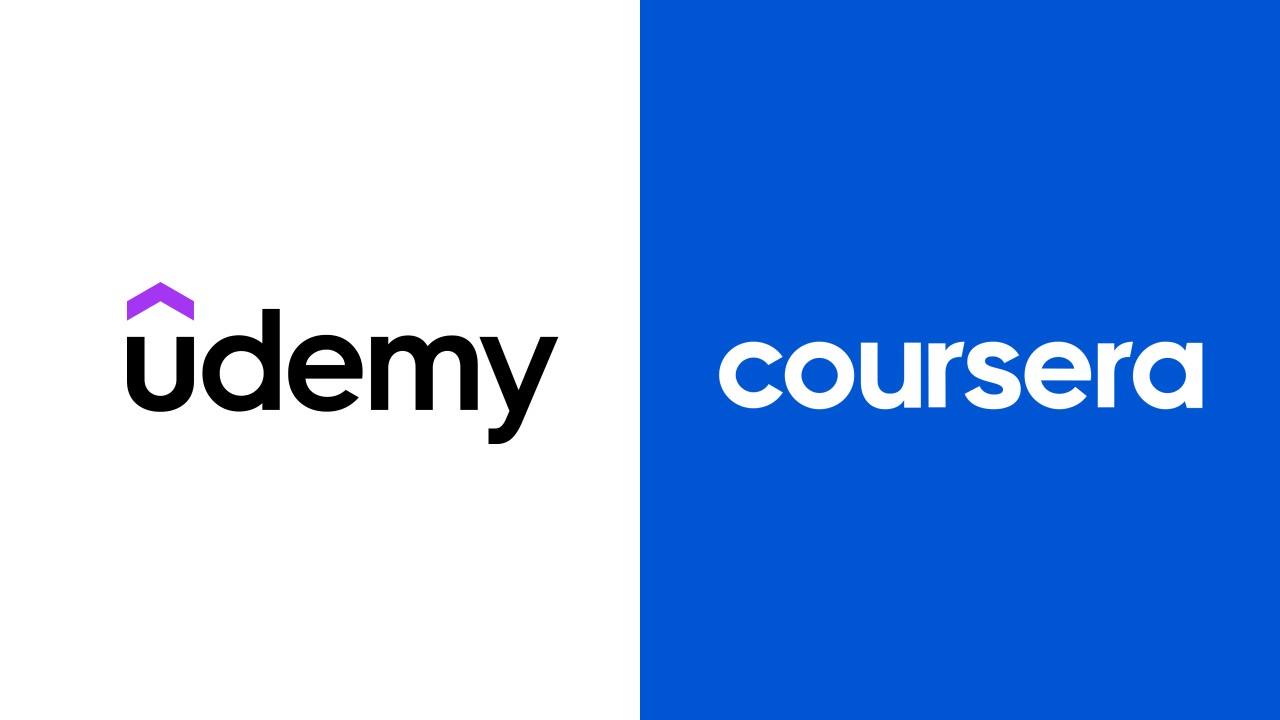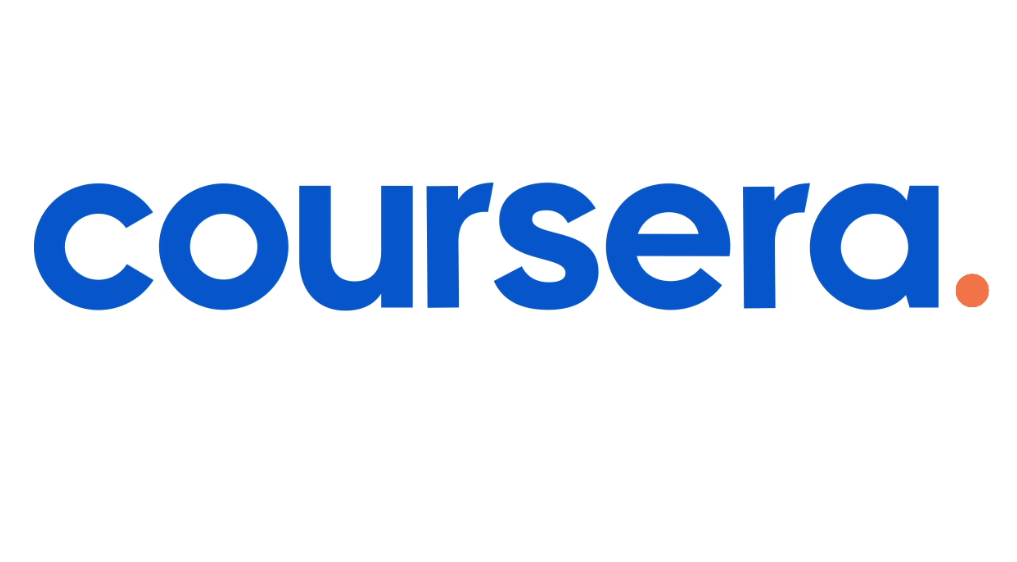In an era where choices abound, informed decision-making is paramount. When considering any product, service, or platform, understanding its advantages and drawbacks is crucial. In this review, we’ll delve into the pros and cons of various aspects, offering you a comprehensive view to help you make well-rounded choices in various situations.
Coursera’s Course Diversity and Quality
One of Coursera’s standout features is its extensive course catalog. The platform covers a remarkable spectrum of subjects, from computer science and data analysis to humanities, arts, and beyond. This diversity ensures learners from all walks of life can find courses that resonate with their interests and career goals. Moreover, many courses are created and taught by professors from prestigious universities worldwide, lending an air of credibility and academic rigor to the platform. The quality of these courses, in terms of content and production value, is generally high, fostering an engaging and practical learning experience.

Pros:
- Informed Decision-Making: Empowerment is one of the most significant benefits of weighing pros and cons. By thoroughly understanding the positives and negatives of a situation, you’re better equipped to make decisions aligned with your goals, preferences, and values.
- Holistic Perspective: Analyzing pros and cons ensures you don’t focus solely on the benefits or drawbacks. This approach encourages a more balanced and comprehensive understanding of the matter.
- Mitigating Risk: Whether considering a major purchase or a career change, assessing pros and cons helps identify potential risks and uncertainties. This proactive approach allows you to mitigate these risks before committing.
- Effective Problem-Solving: Pros and cons analysis is a valuable tool in problem-solving. You can tackle each aspect individually by breaking down a complex issue into its constituent parts, leading to well-considered solutions.
- Enhanced Communication: When discussing decisions with others, being aware of the pros and cons allows for more transparent communication. You can articulate your thought process and address concerns more effectively, leading to better collaboration and understanding.

Cons:
- Time-Consuming: Evaluating pros and cons can be time-consuming, particularly for complex decisions. This might lead to analysis paralysis, where the process of weighing options overwhelms decision-making.
- Subjectivity: Identifying pros and cons often involves personal judgment, which biases, emotions, and individual perspectives can influence. This subjectivity might lead to skewed assessments that don’t accurately reflect the situation.
- Complexity: Some decisions involve numerous factors, each with pros and cons. This complexity can make creating a comprehensive and balanced analysis challenging, potentially leading to oversights.
- Incomplete Information: In certain situations, obtaining complete information about all potential pros and cons might be difficult. This could result in an imbalanced analysis and ultimately lead to suboptimal decisions.
- Overlooking Intangibles: Not all pros and cons are easily quantifiable. Intangibles such as emotional well-being, personal satisfaction, and long-term impact might not fit neatly into a pros and cons framework, potentially leading to incomplete assessments.

How Is The Flexibility and Accessibility
Coursera’s greatest strength lies in its flexibility and accessibility. Traditional educational institutions often need help accommodating busy individuals’ schedules, but Coursera eliminates this hurdle. Learners can access course materials, lectures, quizzes, and assignments at their own pace, making it ideal for working professionals, students, and lifelong learners. Whether a night owl or an early riser, Coursera lets you dictate when and how you learn.
Interactive Learning Experience
The platform employs various teaching methods to cater to different learning styles. Video lectures, quizzes, peer-reviewed assignments, and discussion forums create an interactive learning environment that simulates the classroom experience. Including real-world projects and practical exercises also ensures learners can apply their knowledge and skills to tangible scenarios.
Specializations and Degrees
For those seeking a more comprehensive learning journey, Coursera offers specializations and even entire degrees in collaboration with renowned universities. These comprehensive programs provide learners with in-depth knowledge and skills development in a structured manner. While specializations include related courses, degree programs are more extensive and can significantly enhance career prospects.

Let us Now Compare The learning Platforms
Coursera, MasterClass, Skillshare, Simplilearn, udemy and edX are all online learning platforms, but they differ in focus, content, teaching style, and target audience. Let’s compare these platforms in terms of various aspects:
1. Coursera: Coursera is a widely recognized online learning platform that partners with universities and institutions to offer various courses, specializations, and even entire degree programs. Coursera courses cover various subjects, including humanities, arts, sciences, and technology. It’s known for its academic rigor, certificates, and structured learning paths. Coursera often includes interactive assessments, peer-reviewed assignments, and discussion forums to foster a comprehensive learning experience.
2. MasterClass: MasterClass is a unique platform that offers video-based lessons taught by world-renowned experts and celebrities. It’s more focused on creative and lifestyle subjects such as writing, cooking, acting, and music. While it doesn’t offer certificates or traditional assessments, MasterClass provides valuable insights and perspectives from industry icons through high-quality video content.
3. Skillshare: Skillshare is a platform that emphasizes creative skills, offering a wide array of short, project-based classes in areas like design, photography, writing, and more. It encourages a hands-on learning approach where learners complete projects to reinforce their skills. Skillshare also has a vital community aspect, enabling learners to interact and collaborate with others.
4. Simplilearn: Simplilearn is geared towards professional development and specializes in providing courses for various IT, project management, digital marketing, and other tech-related certifications. It’s designed for individuals looking to enhance their career prospects and gain specific industry skills.
5. edX: edX is a nonprofit platform offering university-backed courses, professional certifications, and degree programs. It emphasizes a flexible learning model and often provides the option to audit courses for free, allowing learners to access lectures and content without a fee. edX has a strong academic focus and includes a range of subjects similar to
Coursera and Udemy
Coursera and Udemy are prominent online learning platforms offering distinct approaches to education. Coursera partners with universities, providing structured courses and academic certificates across diverse subjects. Its emphasis on guided learning paths, interactive assignments, and peer interaction suits those seeking comprehensive academic or professional development.

Conversely, Udemy offers various courses created by individual experts, catering to diverse interests and skill levels. Its course-by-course purchase model and frequent discounts make it affordable and flexible. While Coursera’s certificates hold academic and professional recognition, Udemy’s certificates are completion-based. Coursera’s academic focus and structured learning appeal to those seeking university-quality content, whereas Udemy’s practicality and varied teaching styles cater to a broader audience, including professionals and hobbyists. Ultimately, choosing between them hinges on prioritizing academic rigor and recognized certificates (Coursera) or flexible, skill-focused learning (Udemy).
Conclusion
Evaluating pros and cons is a valuable approach that can guide you through many decisions, from everyday choices to life-altering ones. By weighing the benefits against the drawbacks, you gain insights that empower you to make thoughtful decisions.
While the process might be time-consuming and subjective, the advantages of making well-rounded choices outweigh the drawbacks. Utilizing this approach enables you to navigate complexities, mitigate risks, and communicate effectively with others about your decisions.
However, it’s essential to recognize that not all situations are amenable to a strict pros and cons analysis. Some decisions involve intangible factors that resist quantification, and moremore detailed analyses can lead to clarityclarity and indecision.
The pros and cons framework is a powerful tool when wielded wisely. It’s not a one-size-fits-all solution but a dynamic tool that can guide you toward optimal outcomes when combined with intuition, values, and context. So, whether you’re pondering a career move, contemplating a significant purchase, or evaluating life choices, the pros and cons analysis remains an indispensable tool in your decision-making arsenal.




Leave a Comment